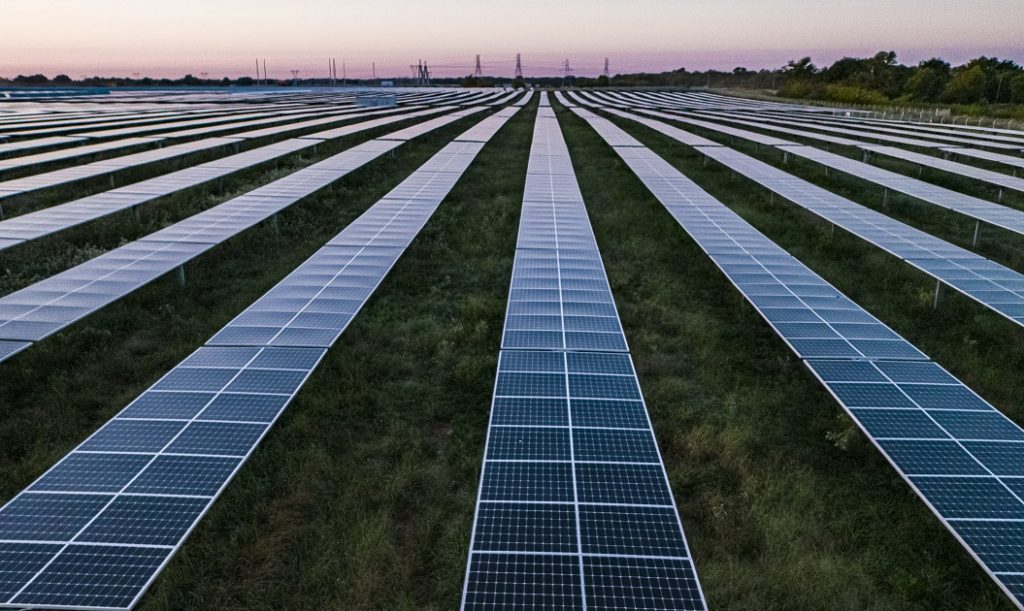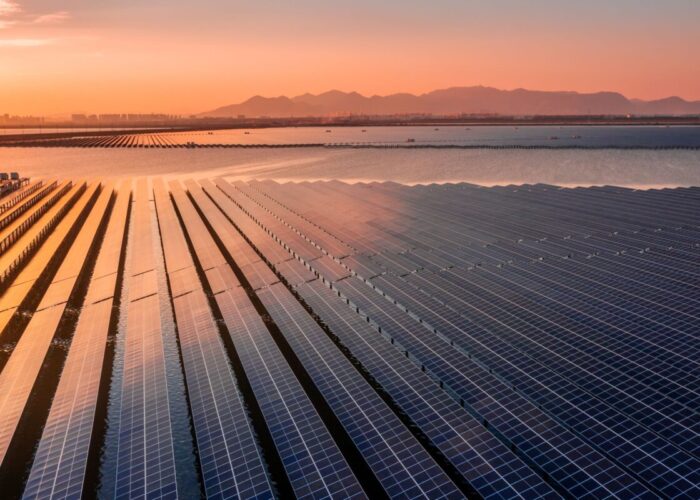
Despite additional solar and wind contributing to a record reduction in global coal generation last year, new renewable energy projects are still not being built quickly enough to keep pace with rising electricity demand.
That is according to a new report from think tank Ember, which warns that the world’s transition out of coal power “is happening far too slowly to avoid the climate crisis”, with the world generating more electricity from fossil fuels in 2020 than five years ago.
Unlock unlimited access for 12 whole months of distinctive global analysis
Photovoltaics International is now included.
- Regular insight and analysis of the industry’s biggest developments
- In-depth interviews with the industry’s leading figures
- Unlimited digital access to the PV Tech Power journal catalogue
- Unlimited digital access to the Photovoltaics International journal catalogue
- Access to more than 1,000 technical papers
- Discounts on Solar Media’s portfolio of events, in-person and virtual
The Global Electricity Review reveals that solar and wind showed “resilient growth” despite COVID-19, up by 15% (314TWh) last year, meaning that the two technologies now supply almost a tenth of global electricity. Germany and the UK are said to be leading the way, with solar and wind representing 33% and 28% of their electricity production respectively.
Rising renewables capacity as well as a fall in electricity demand as a result of the pandemic last year contributed to the 4% reduction in coal generation in 2020. However, citing figures from the International Energy Agency, Ember said coal power must fall by 14% every year to keep the world on track for 2050 net-zero emissions.
Despite the record fall in coal in 2020, power sector emissions were still around 2% higher in the pandemic year than in 2015 when the Paris Agreement was signed. Meanwhile, 61% of the world’s electricity still came from fossil fuels in 2020, and five G20 countries had more than three-quarters of their electricity supplied from fossil fuels in 2020: Saudi Arabia (100%), South Africa (89%), Indonesia (83%), Mexico (75%) and Australia (75%).
With electricity demand set to pick up again this year, the report said solar and wind deployment needs to “significantly accelerate to ensure that coal continues to fall”.
“Progress is nowhere near fast enough. Despite coal’s record drop during the pandemic, it still fell short of what is needed,” said Dave Jones, Ember’s global lead. “We need to build enough clean electricity to simultaneously replace coal and electrify the global economy. World leaders have yet to wake up to the enormity of the challenge.”
While coal generation in the European Union has almost halved since 2015, has shrunk by 43% in the US and has seen notable falls in markets such as Japan, South Korea, Australia, Canada and Mexico, these reductions were said to be almost entirely by offset by rises in Indonesia, Turkey, China and India. In China, for example, 9GW of coal plants were retired in 2020, but 39GW of additional coal capacity was brought online.
According to Ember, the global electricity transition “is on a crash course with climate targets”, with the slow pace of renewables deployment “locking in reliance on fossil fuels”.






